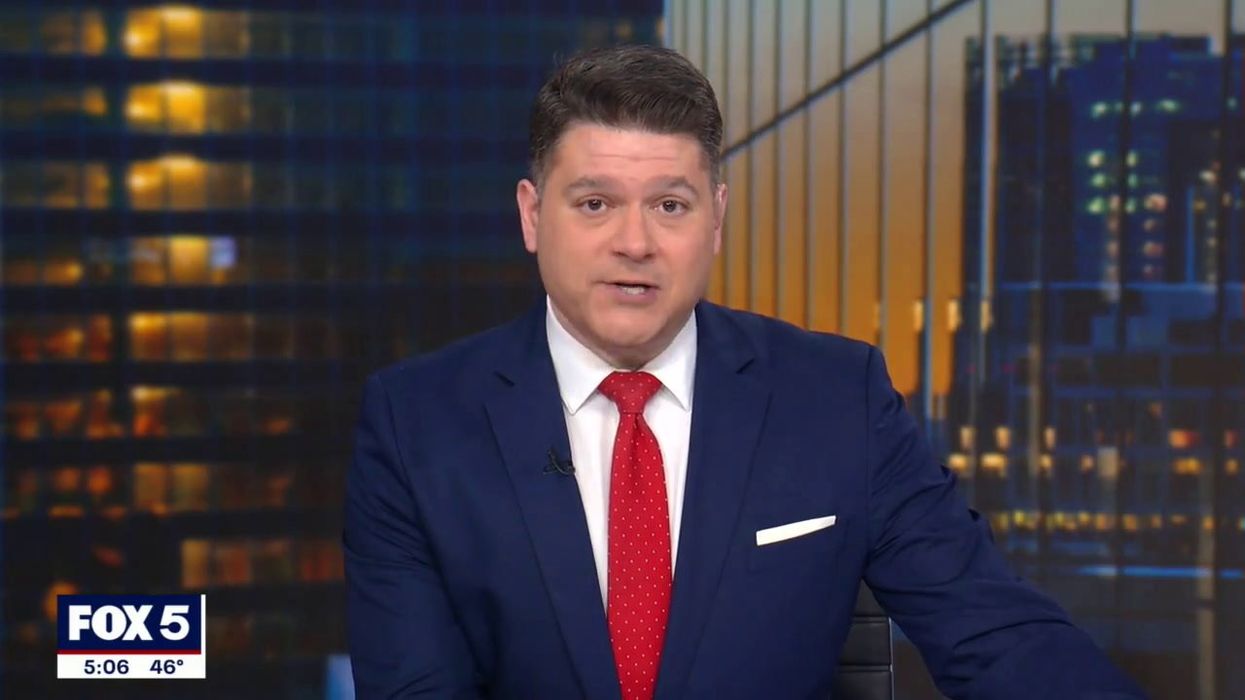Dan Girolamo
Feb 20, 2023
SCOTUS to hear pivotal Section 230 Case next week
content.jwplatform.com
Are tech companies responsible and liable for content uploaded on their sites by third parties? A landmark case involving Google is will answer that question, which could change the internet forever.
On Tuesday, the Supreme Court will hear oral arguments for Gonzalez v Google over big tech's liability concerning the content posted on its site by third party users.
Nohemi Gonzalez, a 23-year-old college student, died in terrorist attacks in Paris in 2015. The shootings and bombings killed 130 people. In response to Nohemi’s death, her parents are suing YouTube, owned by Google, over their algorithm and how the platform “provided material support” and recommended ISIS content, violating the Anti-Terrorism Act. The Gonzalez family believes Google is liable for damages because YouTube did not remove the terrorist videos from the site.
The major debate in the case will revolve around Section 230 of the Communications Decency Act, which protects online platforms like YouTube from being sued for content posted by its users. Google will argue it is protected by Section 230, while the Gonzalez family will ask the Supreme Court to rewrite the law.
Sign up for our free Indy100 weekly newsletter
On Wednesday, the Supreme Court will start to hear arguments for another case against big tech, Twitter v. Taamneh, which centres around if Twitter contributed to the terrorist attacks in Turkey in 2017.
The nine Supreme Court justices can change how tech companies operate on the Internet with this ruling. The court must decide if recommending content is the same as displaying content.
Anupam Chander, a technology regulation expert at Georgetown University Law Center, said: “That user content might include information that both sides of the political aisle might find important - for example, claims about sexual harassment or police abuse or government policies on vaccines. This case truly could reshape the internet for the next generation.”
There is support from both liberals and conservatives to rewrite Section 230. Some liberals, including President Biden, want Congress to end big tech immunity and strip them of their protections from Section 230. On the other hand, a handful of conservatives want to alter the law after accusing tech companies of removing right-leaning posts.
A decision on Gonzalez v Google is expected to arrive this summer.
Have your say in our news democracy. Click the upvote icon at the top of the page to help raise this article through the indy100 rankings.
Top 100
The Conversation (0)














